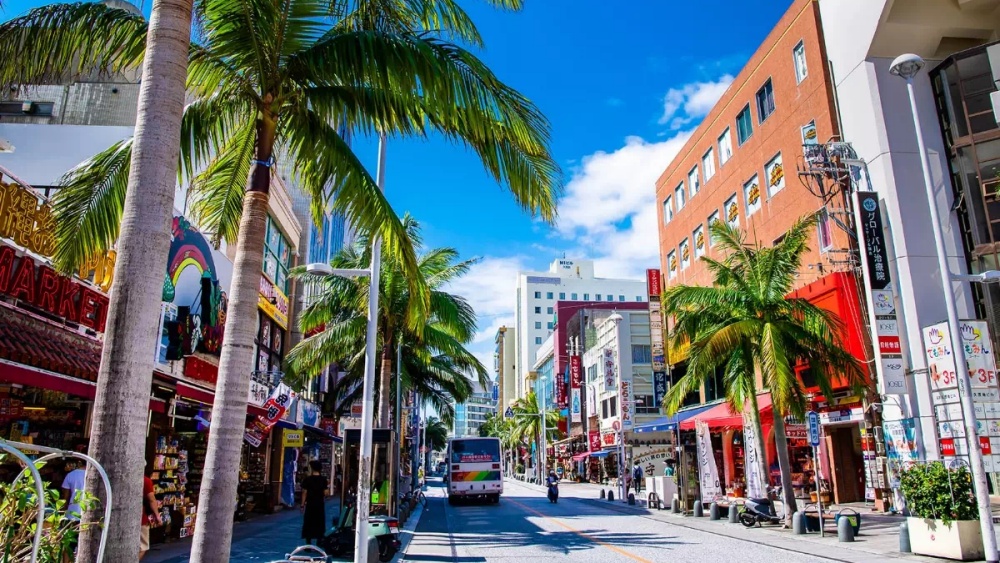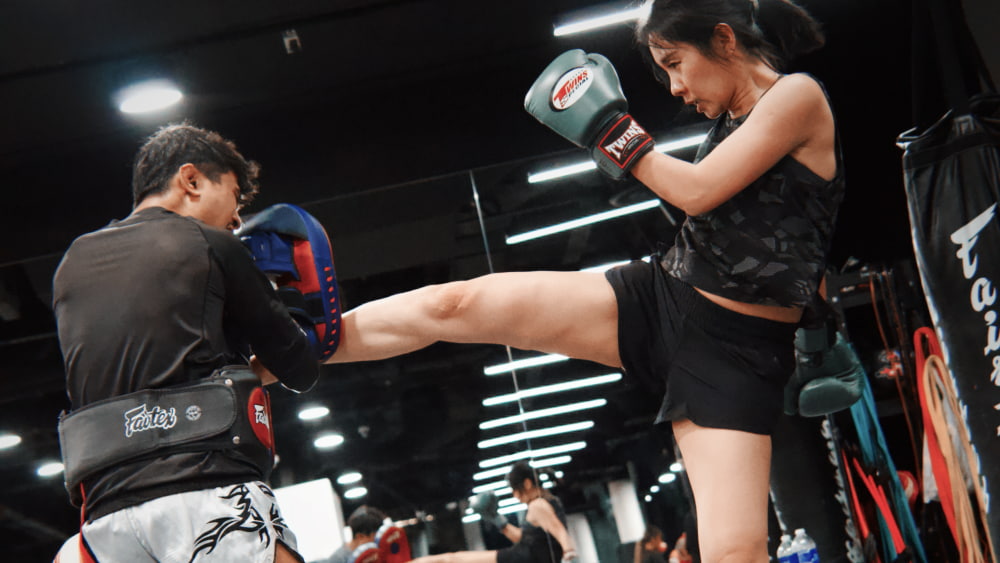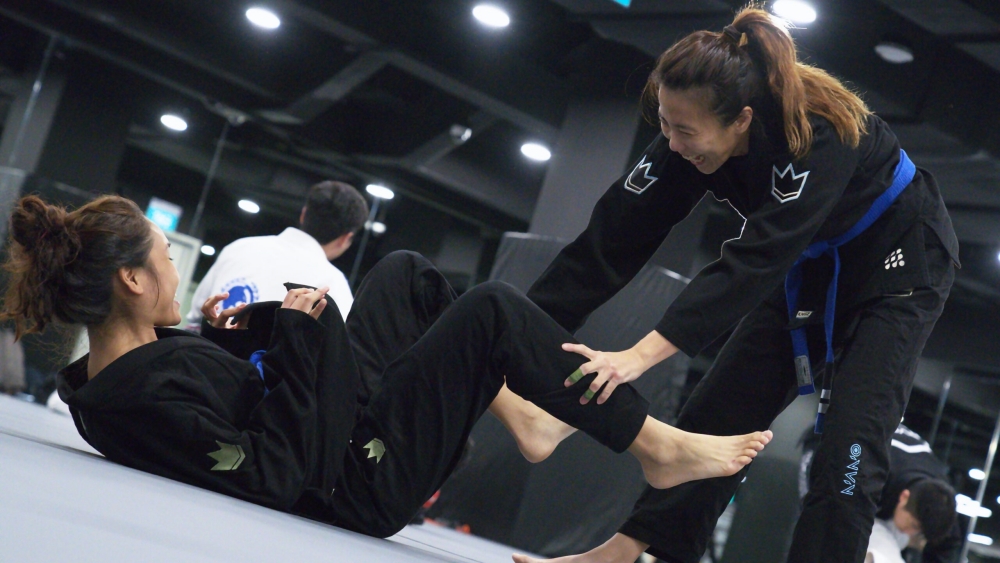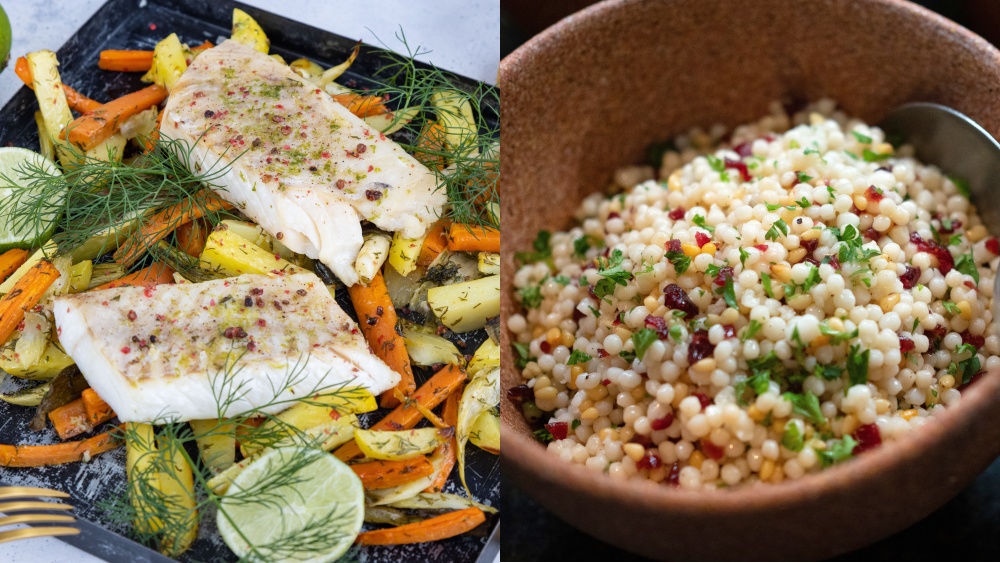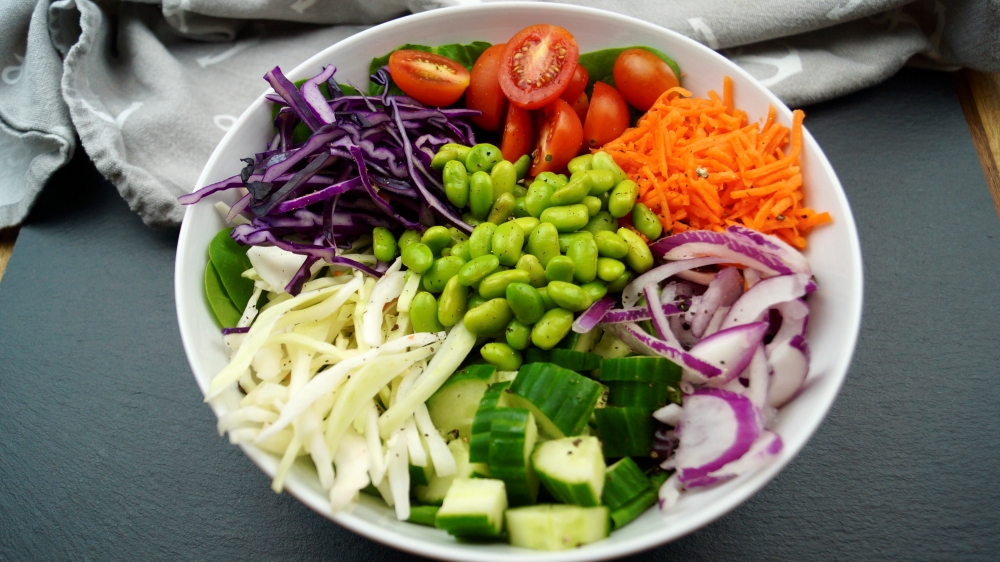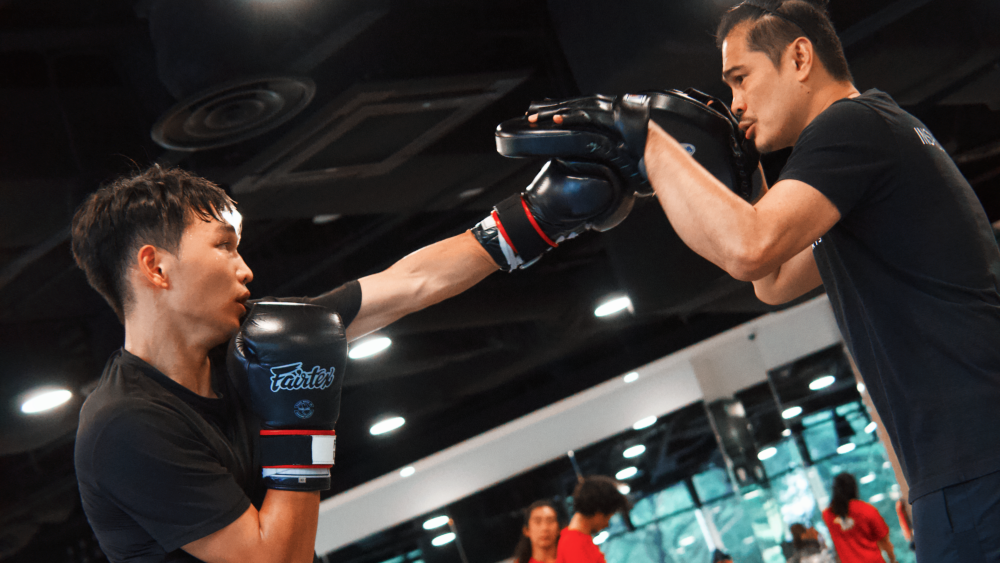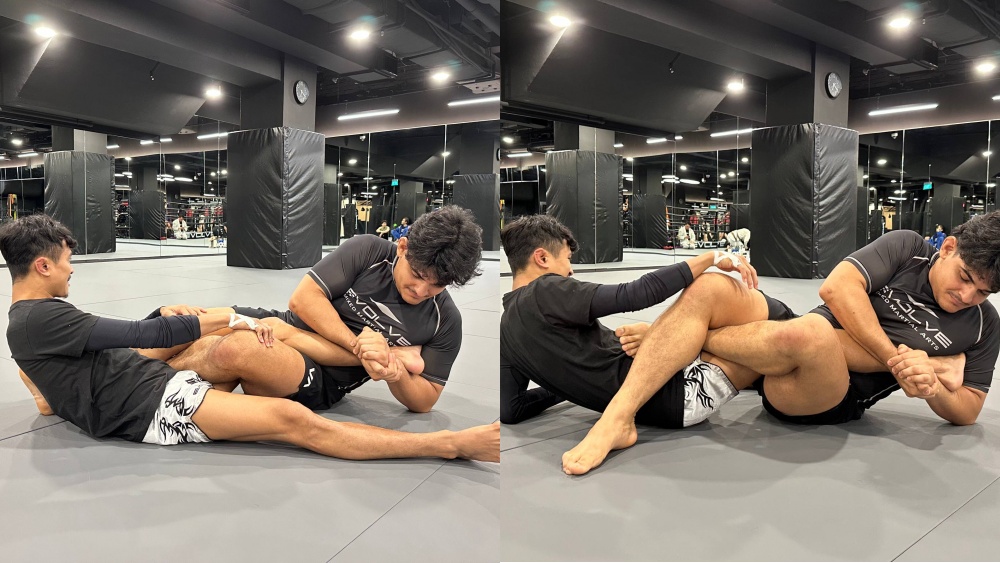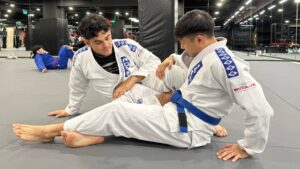The “Blue Zone Diet” has emerged as a popular concept in pursuing longevity and optimal health. Derived from regions around the world where people live the longest, healthiest lives, this diet focuses on natural, unprocessed foods and sustainable living. Evolve MMA is dedicated to promoting wellness not just through physical fitness from martial arts, but also through informed nutritional practices, and the Blue Zone Diet fits right into that holistic approach. This article will explore what the Blue Zone Diet is, its benefits, and how it could be relevant to those seeking a balanced and healthier lifestyle in Singapore and beyond.
Understanding Blue Zones
Blue Zones refer to five regions globally where people tend to live longer than average, often reaching the age of 100. These regions include:
- Okinawa, Japan
- Sardinia, Italy
- Nicoya Peninsula, Costa Rica
- Ikaria, Greece
- Loma Linda, California
Researchers identified these regions based on the remarkably high number of centenarians—people living to or beyond 100 years old—residing there. In addition to their long life spans, people in these regions often experience low rates of chronic diseases such as heart disease, diabetes, and cancer. Their diet and lifestyle are key factors contributing to this extraordinary longevity.
Key Principles Of The Blue Zone Diet
The Blue Zone Diet is not a strict regimen but rather a reflection of the eating habits common among the longest-living populations. While the specifics vary slightly by region, there are a few core principles:
1) Predominantly Plant-Based
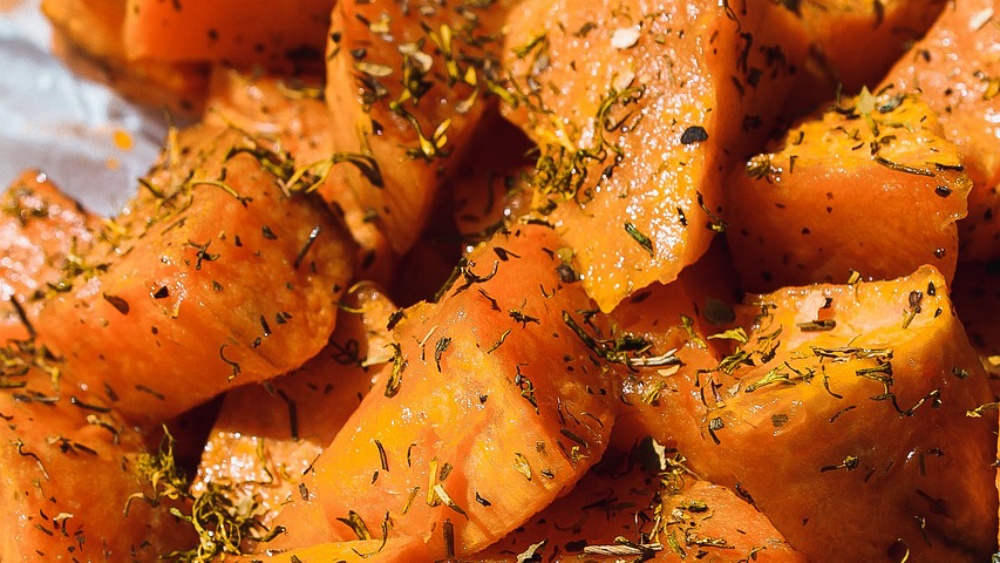
At the heart of the Blue Zone Diet is a predominantly plant-based menu. People in these regions consume an abundance of fresh vegetables, fruits, whole grains, legumes, and nuts. Meat, especially red meat, is consumed sparingly, often reserved for special occasions, or eaten in small quantities.
For example, in Okinawa, sweet potatoes, tofu, and seaweed form the basis of many meals, while in Sardinia, fava beans, chickpeas, and barley are dietary staples. The key is that plant-based foods are nutrient-dense, providing essential vitamins, minerals, and antioxidants that promote health and longevity.
2) Moderate Meat And Fish Consumption
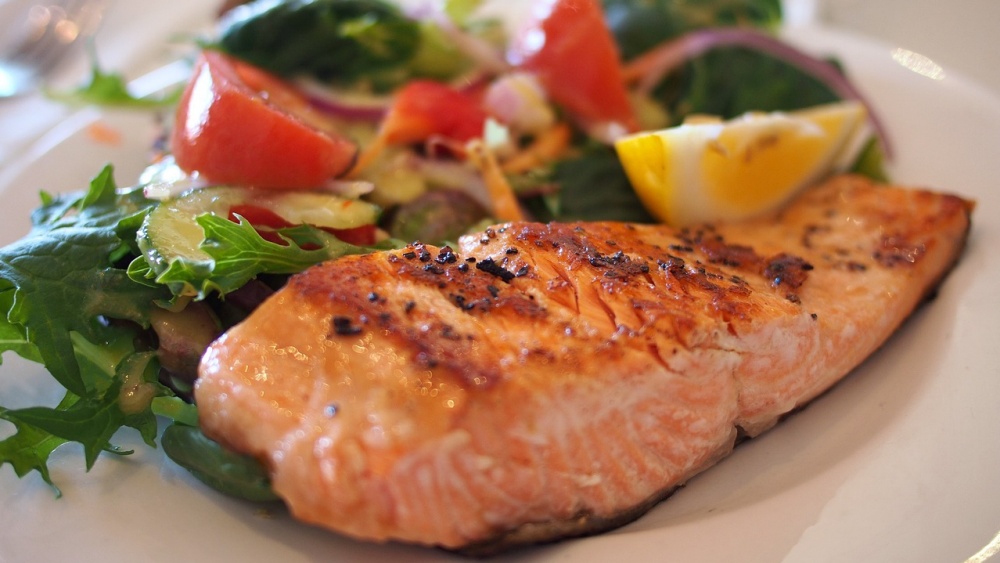
While the Blue Zone Diet encourages a plant-based approach, it does not entirely eliminate meat or fish. In many of the Blue Zones, fish is consumed regularly but in moderation. Typically, people eat fish two to three times a week, and meat consumption is limited to small portions.
For instance, in Ikaria, Greece, fish is often included in the diet, as it provides omega-3 fatty acids which are beneficial for heart health. However, the overall focus is on portion control and limiting animal-based products.
3) Whole Grains And Legumes
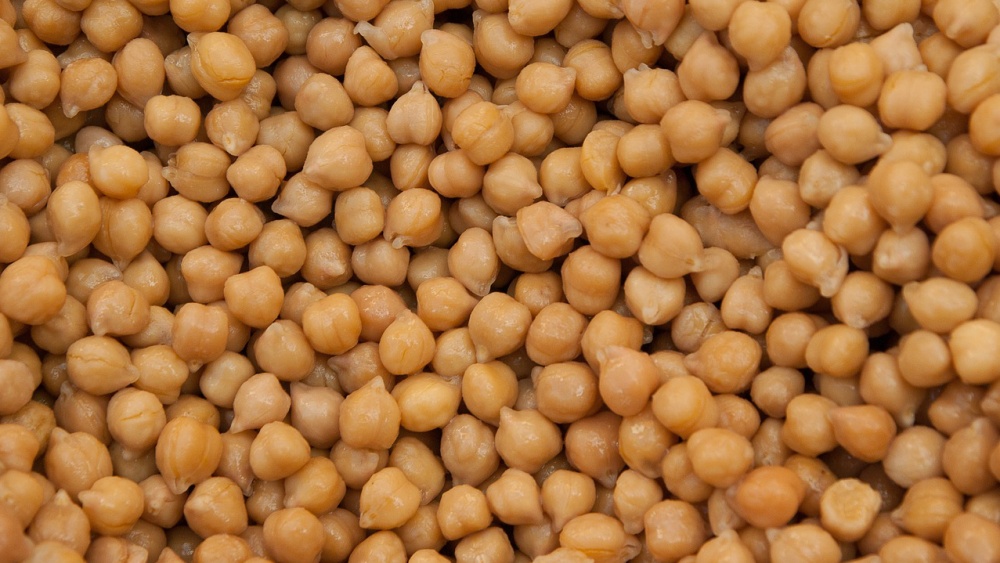
Whole grains and legumes play an essential role in the Blue Zone Diet. Grains like brown rice, oats, and barley, along with legumes like lentils, black beans, and chickpeas, are nutrient powerhouses. These foods provide fiber, protein, and essential vitamins, supporting digestive health and keeping blood sugar levels stable.
In Nicoya, Costa Rica, for example, black beans (referred to as “frijoles negros”) are a dietary cornerstone. Beans are loaded with fiber, which can help lower cholesterol levels, improve heart health, and aid digestion.
4) Minimal Processed Foods
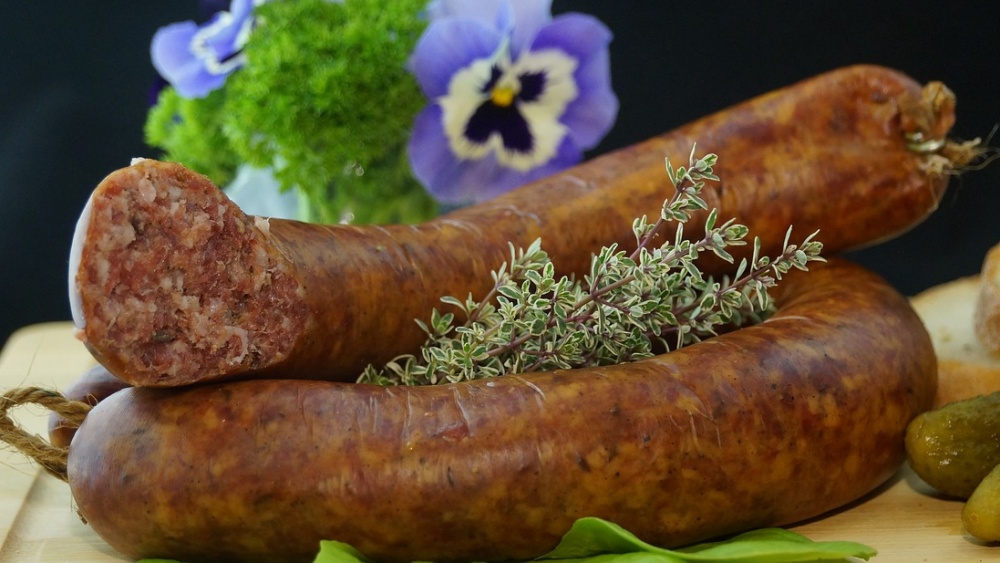
A key difference between the Blue Zone Diet and the standard Western diet is the lack of processed, packaged, and fast foods. In Blue Zones, people stick to foods that are natural and minimally processed. Processed foods, which are often high in unhealthy fats, sugars, and artificial ingredients, are virtually absent from their diets.
Eating fresh, local, and seasonal produce helps maintain nutrient integrity, and it’s these naturally grown foods that support long and healthy lives.
5) Moderate Alcohol Consumption
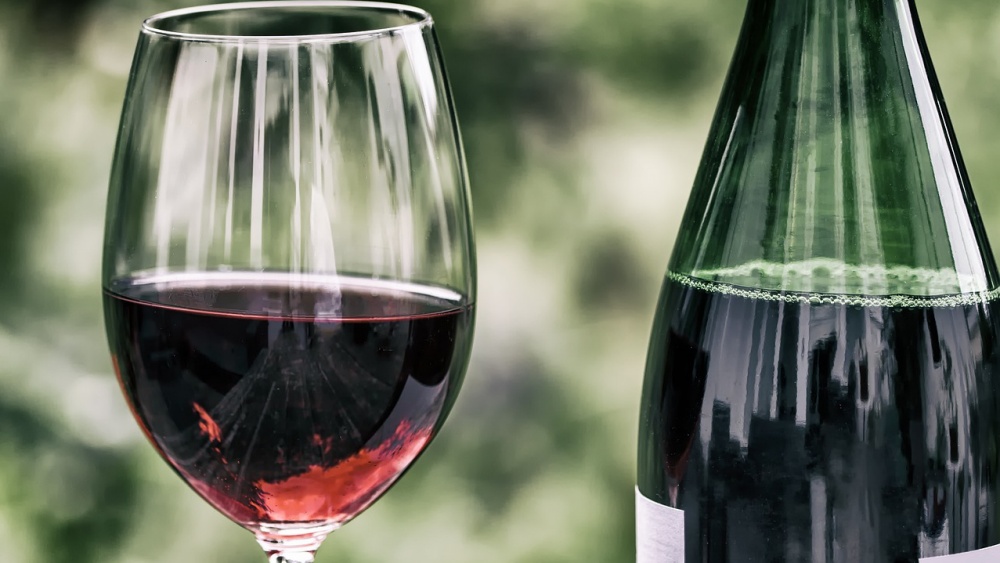
Surprisingly, moderate alcohol consumption, particularly red wine, is common in many Blue Zones. In Sardinia, for example, locals enjoy Cannonau wine, which is rich in antioxidants, specifically polyphenols that may benefit heart health. However, the key here is moderation—typically, it’s no more than one or two glasses a day, enjoyed with meals and in a social setting.
6) Portion Control And Eating Until 80% Full
One of the most interesting aspects of the Blue Zone Diet, particularly in Okinawa, is the practice of Hara Hachi Bu, which means eating until you’re 80% full. This practice helps prevent overeating and encourages mindful consumption of food, allowing the body to digest efficiently and maintain a healthy weight.
7) Emphasis On Community And Social Eating
Beyond what’s on the plate, the Blue Zone lifestyle emphasizes the importance of family and community. Meals are typically eaten with loved ones, which enhances the enjoyment of food and reduces stress. This aspect of communal eating fosters strong social connections, which are linked to longer and happier lives.
Health Benefits Of The Blue Zone Diet
Research has shown that following the principles of the Blue Zone Diet can lead to numerous health benefits, including:
- Improved Heart Health: The high intake of fiber-rich vegetables, fruits, and whole grains helps reduce cholesterol levels, lower blood pressure, and improve overall heart function.
- Better Weight Management: The plant-based nature of the diet, combined with portion control, helps maintain a healthy weight and reduces the risk of obesity.
- Reduced Risk Of Chronic Diseases: The antioxidants found in the diet’s staples help protect cells from oxidative stress, reducing the risk of diseases such as cancer, diabetes, and Alzheimer’s.
- Enhanced Mental Well-Being: Social interaction during meals, along with a nutrient-dense diet, contributes to better mental health, reducing the risk of depression and cognitive decline.
The Holistic Approach: Beyond The Blue Zone Diet
For those adopting the Blue Zone Diet, integrating these other lifestyle aspects can maximize your overall health and wellness. Physical activity, quality sleep, mindfulness, and spiritual practices also contribute significantly to the longevity and well-being of Blue Zone inhabitants.
- The physical activity in Blue Zones isn’t hitting the gym for grueling workouts, but they naturally incorporate movement into their daily routines. Gardening, walking, cycling, and doing household chores are just part of life. Regular physical activity helps keep the body strong and resilient, reduces the risk of chronic illnesses, and supports a healthy cardiovascular system.
- Sleep is vital in Blue Zone communities, where good rest is a priority. Quality sleep helps the body repair itself, regulate hormones, and maintain overall well-being. Prioritizing sleep while following the Blue Zone Diet enhances nutrient absorption, reduces inflammation, and improves brain function.
- Mindfulness practices, such as living with a sense of purpose and practicing gratitude, significantly reduce stress and improve emotional well-being. For Blue Zone Diet followers, mindfulness promotes better digestion, prevents overeating, and fosters a positive relationship with food.
- Spirituality plays a central role in Blue Zone regions, offering a sense of belonging and emotional support. Whether through religious practices or community connections, spirituality helps reduce stress and reinforces healthy eating habits, creating a balanced and holistic approach to longevity.
Incorporating physical activity, quality sleep, mindfulness, and spirituality alongside the Blue Zone Diet results in a powerful synergy, supporting long-term health and a fulfilling life.
How Does The Blue Zone Diet Support An Active Lifestyle In Singapore
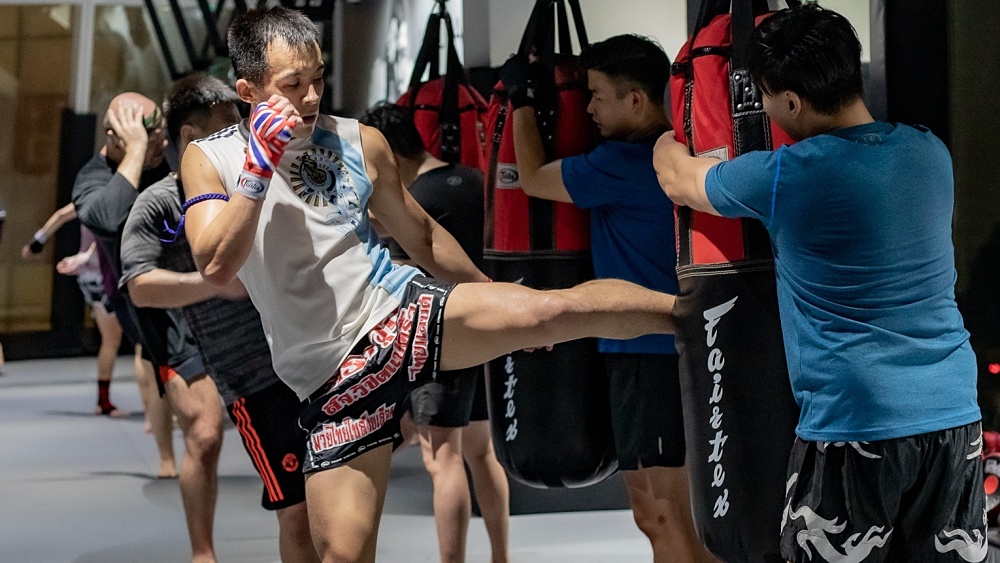
The Blue Zone Diet is nutrient-dense and promotes sustained energy through its focus on complex carbohydrates, fiber, and healthy fats. This makes it ideal for people who like an active lifestyle like martial arts practitioners. People who have an active lifestyle require long-lasting energy to fuel intense workouts. The high intake of beans, whole grains, and nuts provides the slow-release energy necessary for endurance sports like mixed martial arts.
Additionally, Blue Zone residents incorporate movement naturally into their daily lives, rather than relying on formal exercise routines. The Blue Zone philosophy encourages staying active, whether through gardening, walking, or everyday chores, which keeps muscles strong and cardiovascular health intact.
As fitness and wellness become more focused in Singapore, incorporating elements of the Blue Zone Diet can be easy, thanks to the availability of fresh produce and plant-based foods. Singapore’s vibrant markets and emphasis on multicultural cuisine make it a great place to start adopting a more plant-centric diet.
Here are a few ways to get started:
- Add More Vegetables And Legumes: Include a variety of vegetables, beans, and lentils in your meals. Singapore has a rich selection of fruits and vegetables, making it easy to base meals on fresh produce. Focus on incorporating more legumes like lentils, chickpeas, and soybeans, which are also prominent in Asian cuisine.
- Limit Processed Foods: Opt for whole foods like grains, nuts, and fresh vegetables, and minimize consumption of packaged or processed foods high in sugars and unhealthy fats.
- Reduce Meat And Dairy: Following the Blue Zone Diet doesn’t mean cutting out meat entirely but rather reducing its frequency. Try swapping meat with tofu, tempeh, or beans in popular local dishes.
- Practice Portion Control: Try to incorporate the Okinawan practice of Hara Hachi Bu by being mindful of portion sizes and eating only until you feel 80% full.
- Social Meals: Enjoy meals with family or friends. Eating together can foster a sense of community and enhance the overall dining experience.
Combine Martial Arts & The Blue Diet For A Healthier You!
The Blue Zone Diet isn’t just a list of foods; it’s a lifestyle that promotes longevity, health, and happiness through mindful eating and community-focused living. For individuals focused on improving their fitness, such as those training at Evolve MMA, adopting elements of the Blue Zone Diet can complement physical training and help optimize overall health. Whether it’s enjoying a more plant-based diet, practicing mindful eating, or embracing social dining, the Blue Zone Diet offers valuable lessons for leading a longer, healthier life. If you would like to find out more, why not head down to one of our Evolve MMA outlets and find out how you can implement The Blue Zone Diet with martial arts training!
Book your complimentary trial class with our World Champions below!
If you have any other questions regarding Evolve MMA and the programs we offer, you can get in touch with our membership executives at the following locations:
Evolve MMA (Far East Square)
26 China Street
Far East Square #01-01
Singapore 049568
Phone: (65) 6536 4525
Evolve MMA (Orchard Central)
181 Orchard Road
#06-01 Orchard Central
Singapore 238896
Phone: (65) 6536 4556
Evolve MMA (KINEX)
11 Tanjong Katong Road
#02-52 KINEX
Singapore 437157
Phone: (65) 6288 2293
Evolve MMA (Star Vista)
1 Vista Exchange Green
#02-26A The Star Vista
Singapore 138617
Phone: (65) 6539 9590
